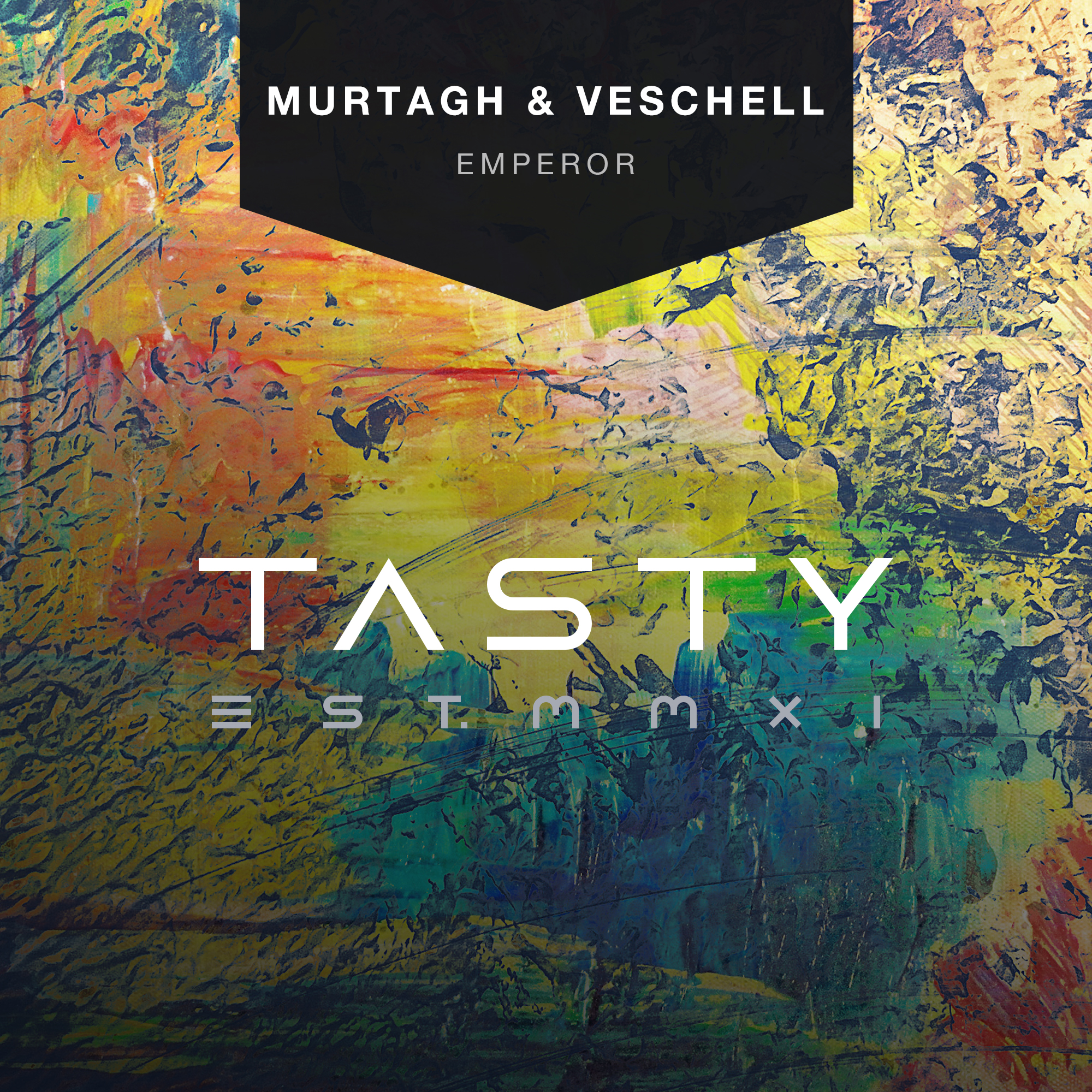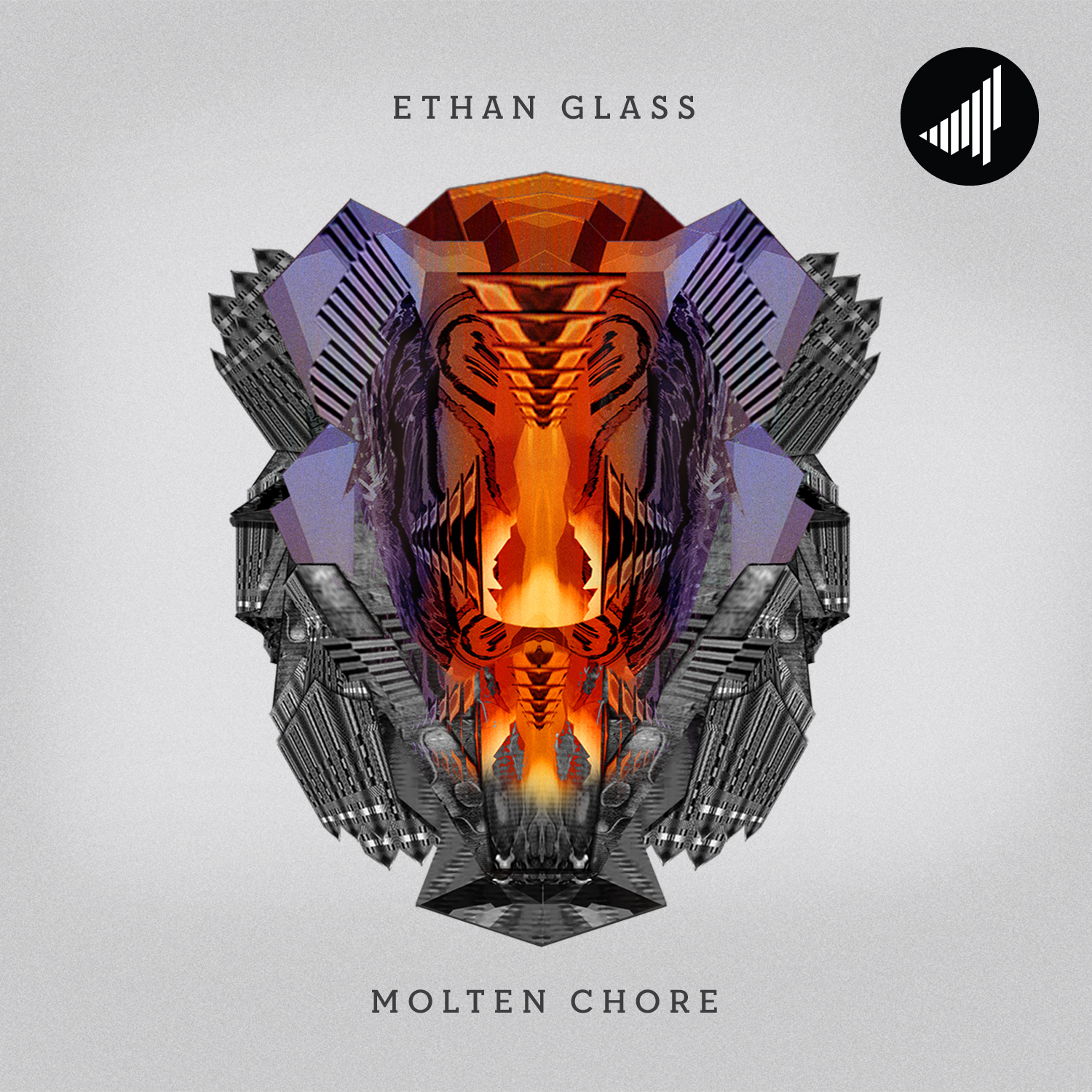When I saw that I had new Reso music in my inbox a few weeks ago, “stoked” just doesn’t begin to describe it. I quickly entered the promo drop-off and began to listen to his newest album, Ricochet. Immediately I was struck by how well-produced and coherent the entire work was. Even the bits of jungle, which I’ve honestly become a bit tired of, interspersed throughout the work were handled in a way that brought it modern relevance and a freshness quite refreshing. Throughout the listen, a sense of cohesiveness and theme in production were clearly evident, along with the already-expected high level of production from everyone on the team at Hospital Records.
The large boom in albums last year was not just confined to mainstream music à la Guetta, Tiesto, Harris and Aoki (who all released albums last year). Drum N Bass also saw a huge boom in overall album production and quality of production, as well, with albums from Metrik, Icicle, Ulterior Motives, State Of Mind, Fred V & Grafix and more in 2014. To say that DnB is experiencing a surge in popularity and overall demand wouldn’t likely be too far from the truth. As that demand grows, we will see artists like Reso leading the charge into a new age of DnB resurgence.
I was able to ask Reso some questions about the album, his experience with Hospital Records and how his production has changed since his last album, Tangram.
Hospital had so many strong releases last year – Metrik, Fred V & Grafix, Nu:Tone, just to name a few. In my opinion, your album is no different. How much do your fellow label mates influence you to become a better producer?
Everyone on the label is at the top of the game and has a unique style that’s their own so it pushes me to make the best music I can. I’ve been listening to Nu:Tone and S.P.Y for years so It’s crazy to think I’m signed to the same label as them now. Ultimately though music isn’t a competition and I can only make what I make. It would be silly for me to try and make a tune like Metrik or Fred V & Grafix as I just couldn’t do it. I think there’s a healthy respect amongst everyone on the label for what each person brings to the table.
It’s been three years since Tangram. How has your style of production changed since then?
It hasn’t changed all that much. I think I’ve got better at mixdowns and my sound design has really improved. I still approach writing music in much the same way as I always have – just starting with a blank project and trying to get a vibe going. Sometimes it’s works, sometimes not but even if it doesn’t work out I’ll have learned something along the way and have at least made some sounds I can then re-use in a later project.
What was the most challenging aspect of creating Ricochet?
I guess it was just getting an hour or so of music that sounded like it should be together. This was a lot easier to make than Tangram as I didn’t put as much pressure on myself. I spent about three years on Tangram whereas this probably took about a year. There were a few issues around some samples that I had to get recreated which took a bit longer than anticipated but overall it was a relatively painless experience compared with the previous album.
From the very first track of the album, you’re able to set this immense atmosphere for the listeners. How important is it to have a conceptual idea of where your album is going, as opposed to just having a collection of tracks?
I didn’t really going into making this with a concept, I just made music I was feeling. As it progressed the main theme or gluing feature of the album were the drums – which bodes well for a drum and bass record. To be honest I approached each track with the intent for it to be it’s own self-contained entity. I made a fair amount of demos but these final twelve sat together the best. Unlike Tangram where I made the middle section first and worked out from there this album was more like a traditional album with the Hospital A+R guys helping me shape it and decide on the running order.
You just recently had a part in the Hospitality Tour in the US. What was your favorite stop and why?
All the shows were really good fun but I’d have to say New York at Slake just because I’d never been to Manhattan so I felt like a proper tourist. The crowd were excellent and the sound system was banging. It was properly rammed out the whole night and there was great energy plus I saw some unexpected people, which just added to the good vibes.
From your relatively recent discography, it seems like you’re not a fan of collaborations. Do you choose to work solo for any particular reason?
It’s not a conscious thing, maybe I smell? Who knows. I have done some collaborations recently it’s just that nothing really came of them. I’m totally up for working with somebody else, I guess it’s just finding the time to get together to do it with whomever it may be.
What does this album mean to you?
I see this as the start of a second chapter in my career. I did 7 or 8 years of dubstep so it’s good to put out a 95% DnB album and see where it takes me. Also it’s the last piece of music that I made whilst still living in London so it will always remind me of that time. To have it released on Hospital as well really is a bit of a dream come true.
You can purchase Ricochet by Reso from the Hospital Store, Google Play, or iTunes now.









